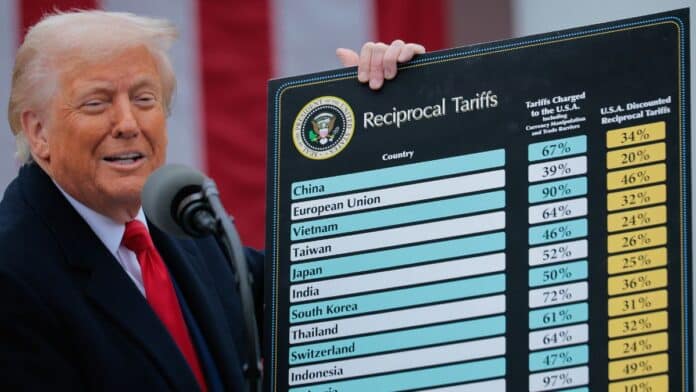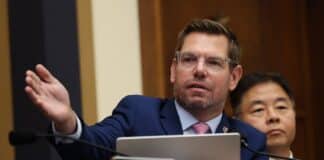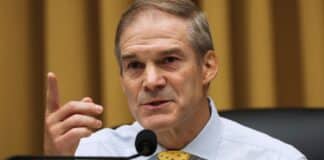A bold theft struck the heart of French heritage Sunday morning when professional criminals infiltrated the Louvre Museum in Paris and stole priceless jewels once belonging to Emperor Napoleon Bonaparte. The robbery, carried out in less than ten minutes, is now under national investigation and has sparked serious concerns over cultural security and government oversight.
At approximately 9:30 a.m., three masked individuals used a mechanical lift and an angle grinder to access a second-floor balcony of the world-famous museum. Disguised in construction worker uniforms, they broke into the Apollon Gallery through a window. The thieves escaped on two scooters with nine high-value items, including a necklace, brooch, and tiara.
Though no injuries or weapons were reported, panic swept through the area as police flooded the museum. The Louvre, which had just opened to the public, was closed immediately following the robbery.
One damaged crown believed to have belonged to Empress Eugenie, Napoleon’s wife, was left behind outside the gallery. French authorities have yet to release the full list of stolen items but stressed that their historical significance far outweighs their market value.
“Beyond their market value, the items have inestimable heritage and historical value,” the Interior Ministry said.
The break-in took advantage of ongoing construction on the museum’s facade. Authorities have not confirmed whether the mechanical lift used in the heist was already at the site due to the construction, but such access could have made the crime significantly easier to execute.
Right-wing political leaders immediately condemned the theft, calling it a national disgrace. Jordan Bardella, head of France’s National Rally party, labeled the robbery “an intolerable humiliation” and blamed it on the erosion of state authority. “How far will the decay of the state go?” he asked.
Security concerns at the Louvre are not new. Earlier this year, the museum faced a temporary shutdown due to a staff walkout over overcrowding and understaffing, with unions warning that tourism growth was putting the museum’s security infrastructure at risk.
Authorities fear the jewels may be melted down or stripped of their diamonds, destroying their historical and artistic value. A source close to the investigation told Le Parisien that “some of the diamonds could be sold at retail,” making recovery nearly impossible.
With nearly nine million visitors annually, the Louvre holds treasures like the “Venus de Milo” and da Vinci’s “Mona Lisa.” This brazen act has now turned one of the world’s most celebrated cultural institutions into a crime scene and a symbol of France’s deepening internal crisis.
















